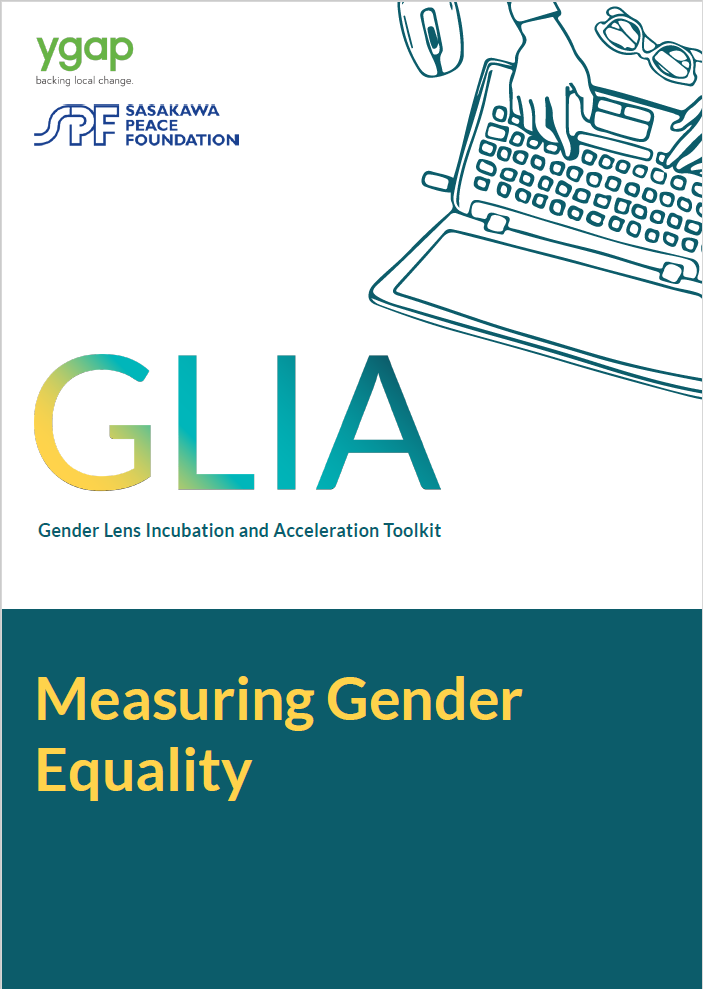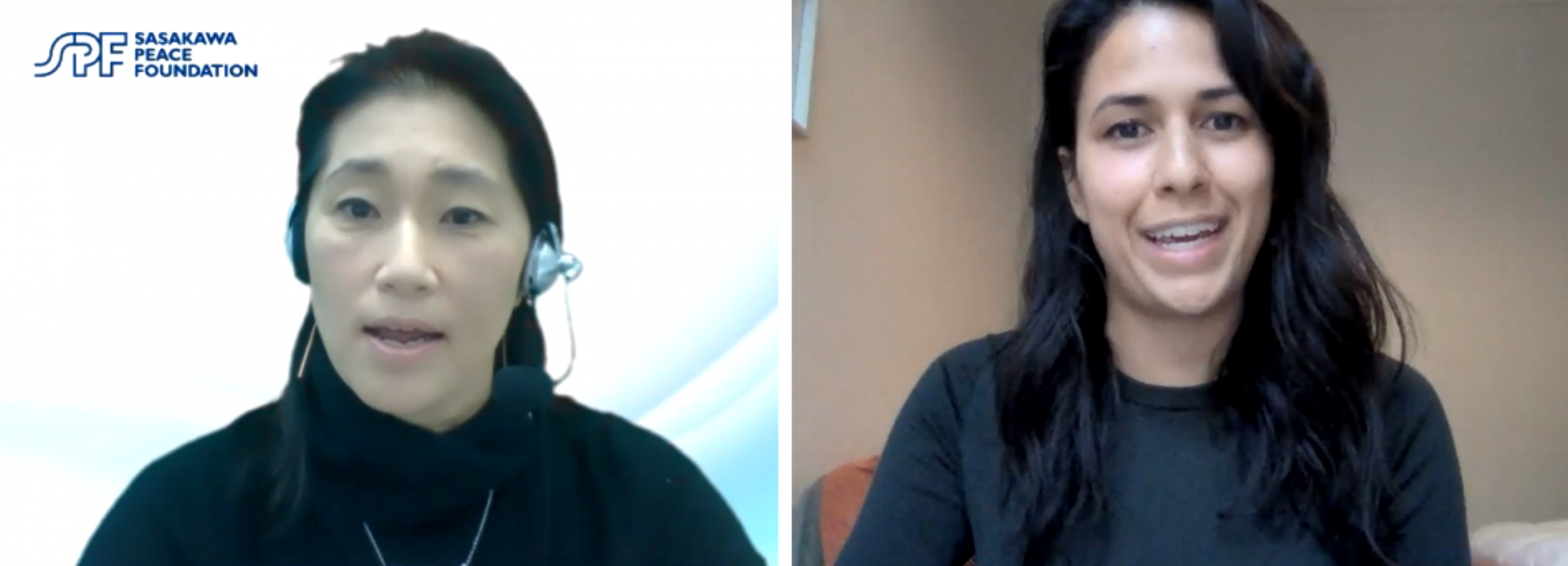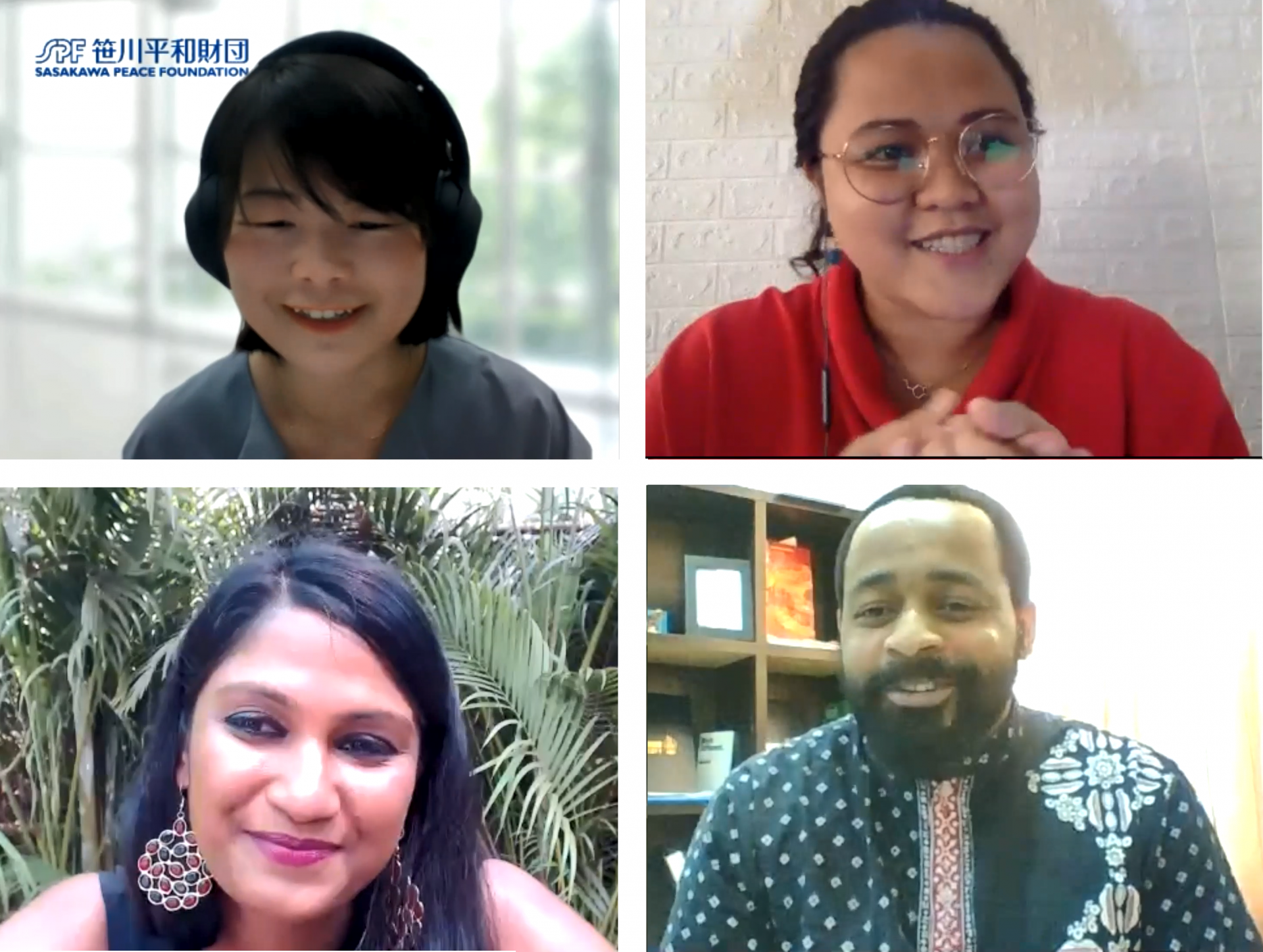To celebrate International Women’s Day 2021, the Gender Investment and Innovation Department of the Sasakawa Peace Foundation (SPF) launched the Gender Lens Incubation Acceleration Toolkit (GLIA) 2.0 on March 9, 2021, as part of a webinar organized with the Asian Venture Philanthropy Network (AVPN).
The GLIA Toolkit, developed by SPF in collaboration with the Frontier Incubator program of the Australian Department of Foreign Affairs and Trade (DFAT), is a practitioner-orientated resource aiming to help Entrepreneurship Support Organizations (ESOs) apply a gender lens to their work and encourage greater inclusion and diversity in entrepreneurship throughout Southeast Asia. The GLIA Toolkit,
which originally launched in 2020, is available as an interactive web-based resource that includes conceptual maps and instructional videos as well as practical guidelines, case studies, and a framework for applying a gender lens at three levels of entrepreneurial activity: organizations, programs and ecosystem.
The newly released GLIA Toolkit 2.0 includes
updated gender and impact measurement metrics that help ESOs measure, evaluate, and learn from the impact of the strategies they implement alongside new training modules focusing on themes including negotiation, gender in products and services, impostor syndrome, and gender and power.
At the webinar, Ms. Ayaka Matsuno, Director of the Gender Investment and Innovation Department, announced the launch of the GLIA Toolkit 2.0, noting that "ESOs play a critical role in driving gender equality by supporting social impact entrepreneurs and ensuring the capital flows towards businesses that bring value to women." She also expressed her hope that the GLIA Toolkit 2.0 will be widely used by ESOs in Southeast Asia.
Ms. Audrey Jean-Baptiste of ygap, an international NGO that co-developed the GLIA Toolkit 2.0, conducted a live demonstration of the online version to help users to navigate through the different resources on the platform and welcomed input from the users. "The GLIA toolkit is very much meant to be a living and breathing resource that will continue to grow over time. If you see any opportunities to collaborate, whether that's translating the toolkit or linking to some research online resource that you found, please do not hesitate to contact us.”


